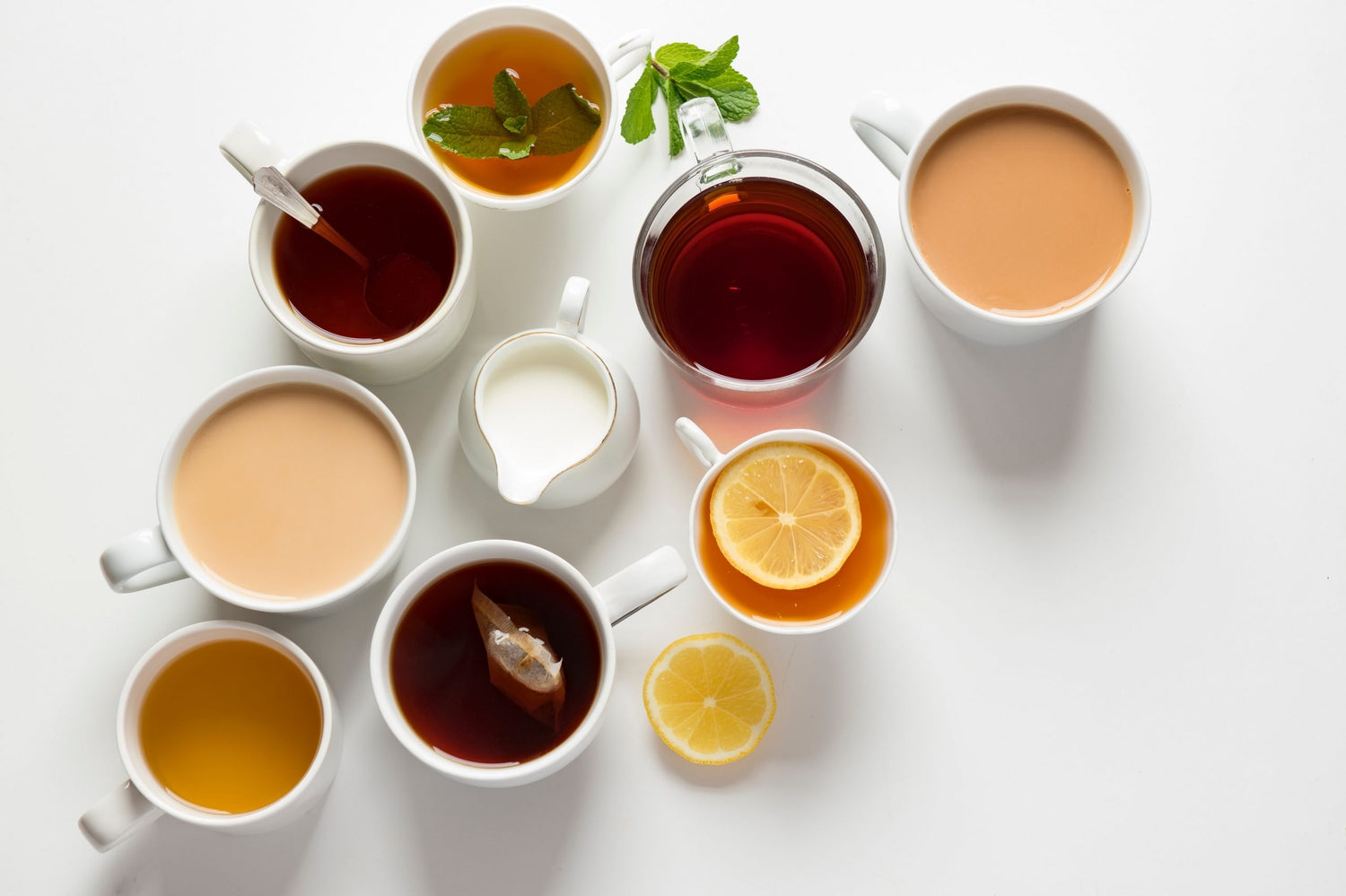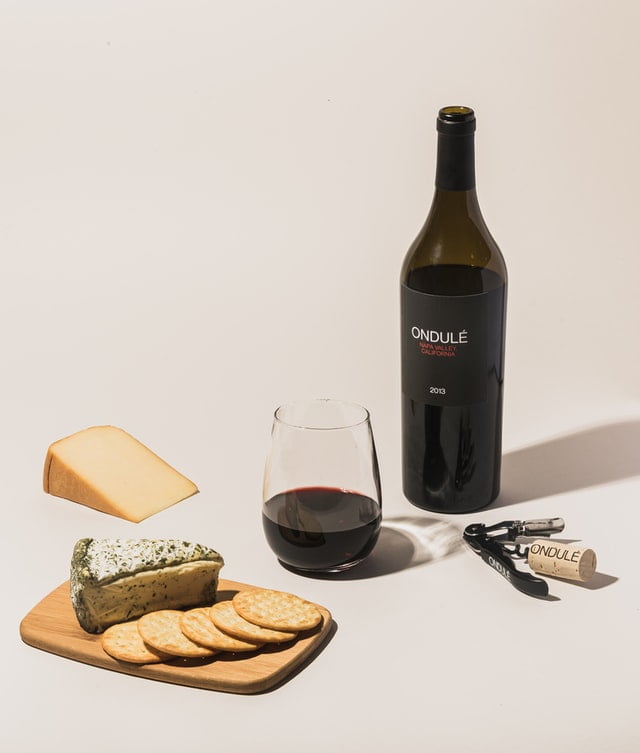Right now we can all benefit from a little TLC, what with the January blues and everything going on in the world.
When it comes to our mental health, what you choose to eat or drink can positively affect your mental health. In the same way a mug of hot milk can make you feel sleepy or a banana gives you a boost before exercising, what we eat can sometimes impact how we feel.
Whether you’re able to eat out or are enjoying cooking at home, here are five low-cost suggestions on foods to incorporate into your diet to help boost your mood and support good brain health.
Salmon
Oily fish is packed full of omega 3 fats usually in the forms of DHA and EPA. Whilst improving your Mensa scores are harder prove, we do know that people who eat diets low in this type of fats have been found to have increased risk of developing Alzheimers disease. So check your cupboard for tins of salmon or sardines! And check out some recipes we recommend.
Herbal Teas
Chamomile Tea - dubbed as a bedtime tea, chamomile tea contains an antioxidant called apigenin which can help make us sleepy. There are also lots of benefits to consuming green tea and we’ve blogged on the benefits of green tea on brain health.
Yoghurt
Yoghurt is packed with probiotics which promote a healthy gut, which as we know, translates to your brain. Probiotic foods such as yogurt, kefir, kombucha and sauerkraut can also promote positive mental health. Not all probiotics are created equally, so to reap the benefits of probiotics make sure that you chose yogurts which have live active cultures which should be listed as an ingredient on the packaging.
Turmeric
Curcumin is the active ingredient in turmeric and it has enjoyed increased popularity in recent years due to its anti inflammatory and nutrient rich properties. Curcumin has also been shown to help with production of BDNF- otherwise known as miracle grow for brain cells.
Berries
Cherries, blueberries whichever is your berry of choice, you’ll enjoy the power of these might little fruits. We’ve blogged on our love of berries before and you can read it here.
Keep well, Dr Clara Russell









